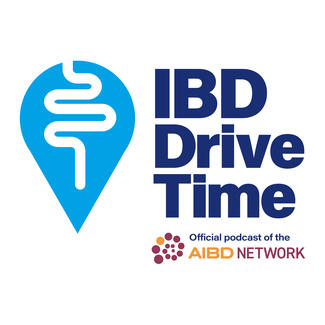Concomitant Medications Do Not Alter Efficacy of Advanced Therapies in Ulcerative Colitis, Study Finds
A pooled analysis of 10 clinical trials involving over 6000 patients with moderate-to-severe ulcerative colitis found that baseline use of most concomitant medications does not significantly modify the efficacy or safety of advanced therapies, including biologics and small molecules.
The analysis included 6044 patients (4280 on active therapy and 1764 on placebo), nearly half of whom were on corticosteroids, with others receiving immunomodulators (28%), mesalamine (68%), proton pump inhibitors (14%), opiates (7%), antidepressants (6%), or antibiotics (5%).
According to the study, “baseline concomitant exposure to multiple commonly used class of medications does not impact treatment efficacy or safety.” No significant effect on clinical remission rates was observed for corticosteroids (RRR 0.81), mesalamine (RRR 1.04), proton pump inhibitors (RRR 0.87), histamine receptor antagonists (RRR 1.72), opiates (RRR 0.90), antidepressants (RRR 1.02), or antibiotics (RRR 0.72), with all confidence intervals crossing 1.
However, the investigators reported, particularly in trials involving non-TNF antagonists, “Concomitant exposure to immunomodulators was associated with lower likelihood of achieving clinical remission (RRR, 0.73 [0.55–0.97]).”
For gastroenterologists, these findings suggest that most baseline concomitant therapies do not require modification or exclusion when initiating advanced therapy in clinical trial settings. The results also have implications for regulatory trial design, allowing greater flexibility in managing background medications at baseline without compromising efficacy outcomes.
This study provides reassurance that common comedications used in ulcerative colitis care do not diminish treatment effect, supporting more pragmatic clinical trial designs and real-world treatment strategies.
Reference
Ahuja D, Zou G, Solitano V, et al. No impact of concomitant medications on efficacy and safety of biologics and small molecules for ulcerative colitis. Clin Gastroenterol Hepatol. 2025;23(10):1786-1797. DOI: 10.1016/j.cgh.2024.08.040



























